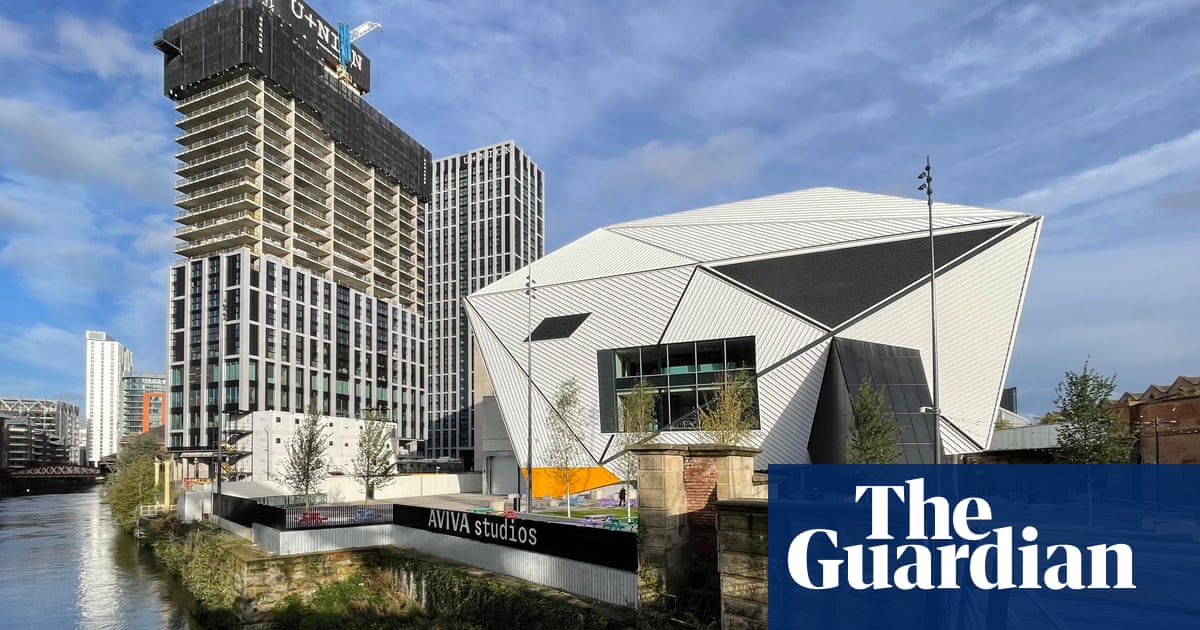
“Effort, Dedication, Devotion, Glory.” Those are the first and last words the young hopefuls see as they enter and leave the Sporting Clube de Portugal academy. I had visited Benfica’s €15m complex the night before and was immediately struck by the contrasting values at this rural complex in Alcochete. Perhaps it was the €0.40 coffee served to me in the clubhouse by a bronzed pensioner who was wearing a permanent scowl. Without extravagances, this is a place for football.
As coaches gathered around a portable TV to watch Primeira Liga highlights and plan what the evening would have in store, I couldn’t help but daydream about the players who had walked these corridors and slept in the rooms next door, back when they owned nothing more than a pocketful of ambition. Sporting have produced Portugal’s two most capped players, Cristiano Ronaldo and Luís Figo, both of whom have won the Ballon d’Or, the Champions League and a shed-load of leagues and cups. There are signed pictures and murals of the pair plastered all around the facilities.
“Listen to me,” says Miguel Miranda, the goalkeeping coordinator at the academy. “Messi is a freak, a one-off and clearly the best ever, but what Cristiano has done to be anywhere near his levels speak volumes about the man. He came here from an island with nothing: a skinny boy with many bad habits who liked to run at defenders. Now he is a complete player: a beast. We use him as an example in every room here: from the gymnasium, to the psychology classrooms and the dressing rooms. He sacrificed himself to get everything he has now.”
While wandering around the six training pitches and talking to Miranda, I notice a theme: the ball is continuously zipped out to wingers who are encouraged to drive at isolated full-backs. “Cristiano, Figo, Nani, Quaresma – we’ve always specialized in wingers here,” he says. “Coaches limit touches for central players, who are encouraged to spread the ball wide into wingers, who have unlimited touches to create chances from wide.” Miranda says the country’s top wingers make their way to Alcochete as the academy has a history of producing “free-range players, not battery-caged ones”.
“Ten of our boys were in Portugal’s 23-man squad that won Euro 2016. Of the eight from here who started in the final, five are attackers. The other two came on as wingers! We like the boys to be free to express themselves on the pitch. We love creative kids.”
Sporting became the first Portuguese club to open an academy in 2002. Like both Benfica and Porto, a 4-3-3 template runs through the veins of the youth system. Yet, all of their coaches take “field trips” to different football cultures, such as Barcelona’s La Masia, Ajax’s De Toekomst and various hotbeds of youth talent in South America, to see how things are done elsewhere and absorb knowledge from other philosophies.
After witnessing an Under-16 player fail to control three 20-yard passes in a row just minutes after he had beaten three opponents and finished from 25 yards, I joke with Miranda that I cannot work out if he is the best or worst player I have ever seen. “He’s gone,” says Miranda with a cutting frown. “Look at his skin. Look at his legs. He’s finished. I’m serious. We do physical examinations on the boys every three months. This boy isn’t at the levels he needs to be and he’s finished maturing. We check players’ skin for acne, knees and other joints for growth.”
“If a player isn’t performing at the standard we require for their age and their body has stopped developing, then we will release them. We prefer skinny, awkward teens to the finished product at 15. Again, here, Cristiano is the perfect example. We don’t want them to be professional at 14. We want them to be professional at 20.”
Aurélio Pereira, the club’s long-serving director of youth recruitment, has overseen the discovery of Figo, Paulo Futre, Simão Sabrosa, João Moutinho, Cedric, Ricardo Quaresma and Nani, among others, but Ronaldo is the real darling for the club. The 70-year-old’s eyes light up when he reminisces about Ronaldo tying weights to his legs and racing past traffic in the streets outside the academy to gain strength and speed.
“As soon as we make contact with a player coming from far away, our objective is to bring them over to the Sporting Academy,” says Pereira. “We are responsible for a massive change in the lives of young players who could become greats one day. We find the strong and weak points of each individual and change their training to reflect that.”
Sporting insist they are interested in developing people, not just players. Eric Dier, who spent eight years with the club before signing for Tottenham, has testified to that. “They pride themselves on bringing you up as a polite and respectful person. They would never get angry with you if you missed a pass but they would do if you were disrespectful to someone. There was no shouting. A good player for them was someone who could understand when they made a mistake and correct it for themselves.
“When I first came to England to play I saw coaches having a go at players when they made mistakes. They would literally be talking them through the game. In Portugal, the coach would sit on the bench and not say a word. We’d just play. It was a matter of us making mistakes and learning from them by ourselves. You understand the game a lot better that way. For me, the sign of a bad player is someone who makes the same mistake twice.”
Miranda is adamant that making each player happy in his day-to-day life matters to the club. “Correct diets and sleeping patterns are of high importance here and having the correct lifestyle has an enormous effect on performance. When players perform well on the pitch, they find everything else easier, eventually becoming content with life’s challenges. The development of humans is of great importance.”
Ronaldo’s success tells its own story and so too does that of Figo, who has gone on to prosper in multiple avenues. He is fluent in five languages, runs bars and restaurants around Portugal, works for the Stop TB Partnership to serve people affected by tuberculosis, is on the board of a charity run by Internazionale, and even ran to be Fifa president.
As I said “boa noite” to the still scowling waiter at the end of the night and made my way out of the academy, I walked past a shirt signed by Ronaldo and the other youth graduates who helped Portugal win Euro 2016. The Ballon d’Or winners, European champions and professionals spread around the world are all a testament to the “effort, dedication, devotion, glory” motto that was instilled in them here.The Guardian Sport












